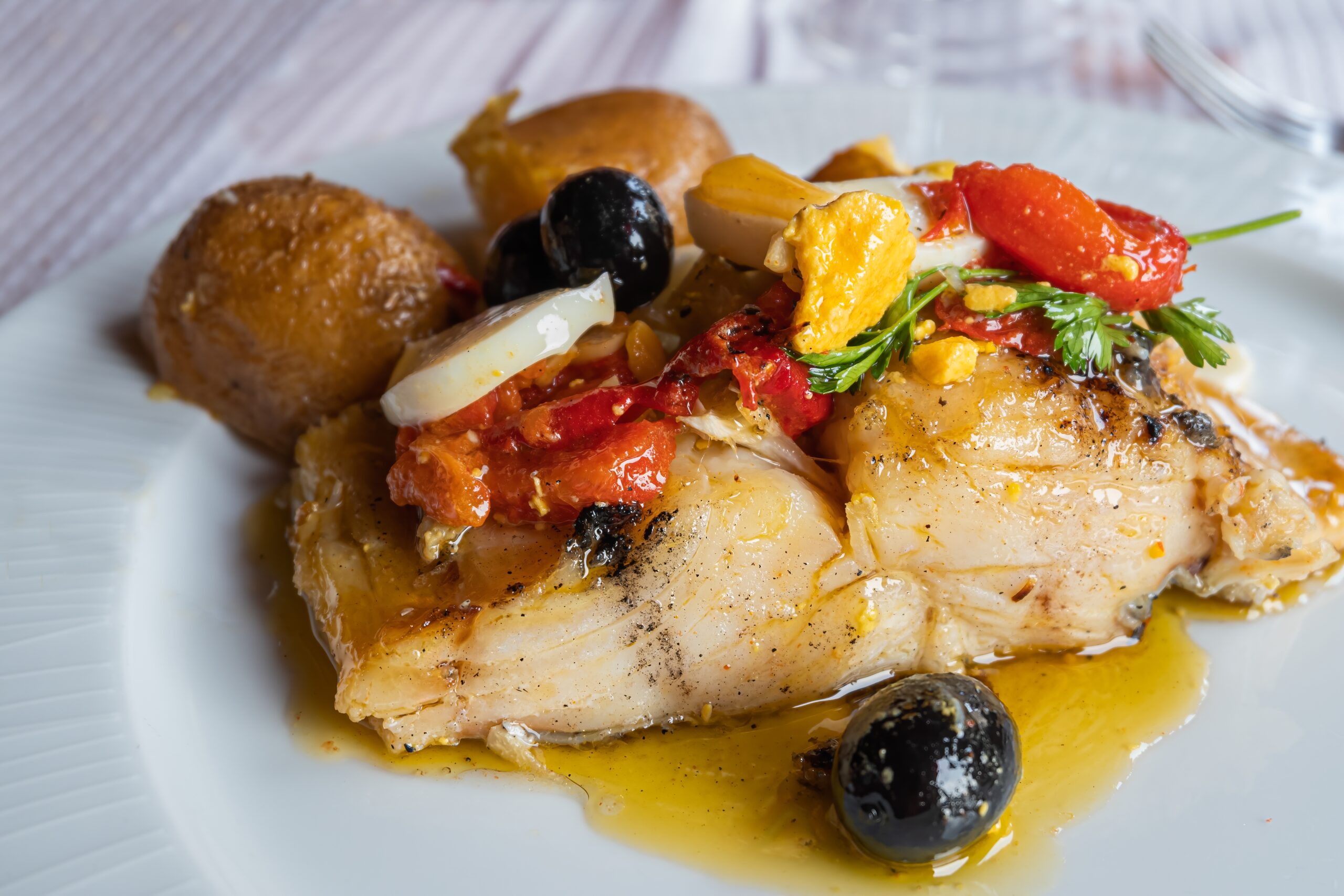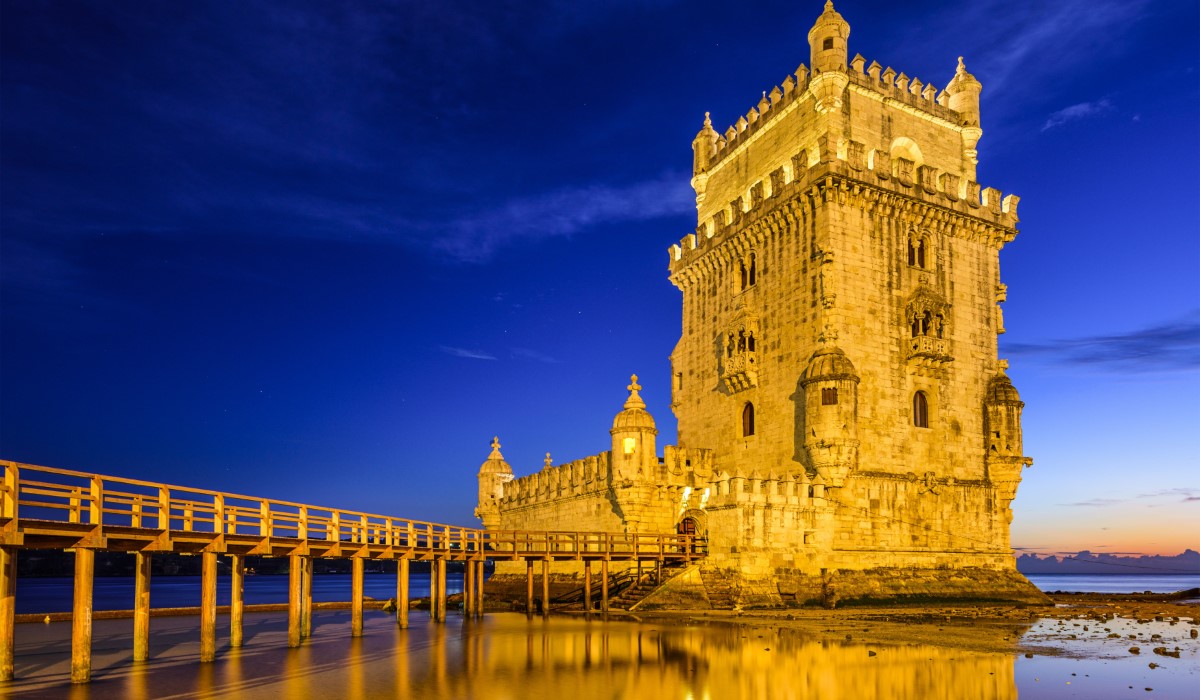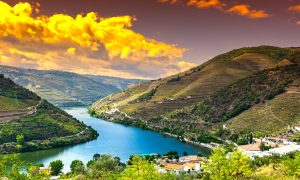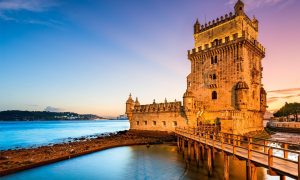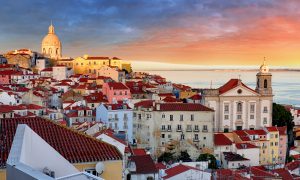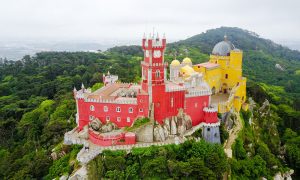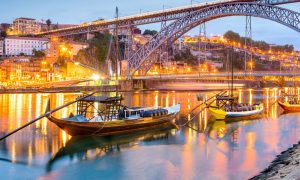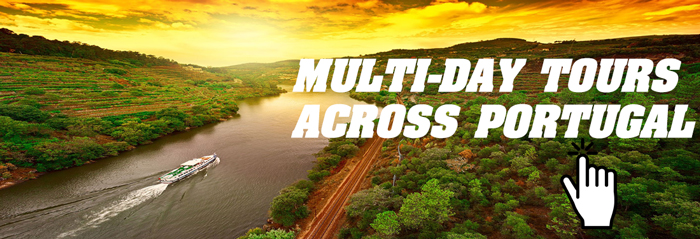Portugal’s culinary traditions are a testament to its rich historical tapestry, with codfish standing out as a cornerstone of this vibrant heritage. Known locally as "bacalhau," this humble fish is not just a staple but an intrinsic part of the Portuguese identity, weaving its way through the culture, history, and daily life of its people. This article delves into the origins of Portugal’s cod cuisine and explores the profound impact codfish has had on the cultural fabric of the nation.
Exploring the Roots of Portugal’s Cod Cuisine
Portuguese cod cuisine dates back to the Age of Discoveries in the 15th century, when explorers sailed to the far corners of the world. Salt cod was found to be an ideal provision for these long voyages, as salting and drying preserved the fish, allowing it to be stored for months. This practical solution to the problems posed by long sea voyages inadvertently laid the groundwork for what would become a national culinary tradition. The spread of cod dishes throughout Portugal was also influenced by the nation’s geographic and economic history, particularly its extensive seafaring and trading activities.
The preparation and consumption of bacalhau became ingrained in Portuguese culture over the centuries, reflecting the resourcefulness and adaptability of its people. Every region in Portugal boasts its own unique way of preparing codfish, utilizing local ingredients and cooking methods to enhance its flavor. From the hearty "Bacalhau à Brás," featuring shredded cod with onions, potatoes, and eggs, to the celebratory "Bacalhau com Todos," served during Christmas, the versatility of cod is evident in the plethora of dishes that grace the Portuguese table.
Furthermore, the cod fishing industry itself contributed significantly to the socio-economic development of Portugal. The demand for bacalhau increased the number of fishing fleets on the Grand Banks off Newfoundland, fostering a cultural connection with places far beyond Portuguese shores. This not only enriched the culinary landscape but also solidified the importance of cod in the national economy, making it a symbol of resilience and exploration.
Codfish in Portuguese Culture: A Deep Dive
Codfish is not merely food in Portugal; it is a national icon, embodying the spirit of the Portuguese people. With the saying, "there are 365 ways to cook cod, one for each day of the year," codfish showcases the ingenuity of Portuguese cuisine. This variety reflects the social practices, festivities, and everyday life, making bacalhau a focal point around which families and communities gather. The significance of cod extends beyond the kitchen, infiltrating the arts, literature, and even the common idioms of the Portuguese language.
Religious and festive occasions in Portugal often feature cod dishes as a centerpiece. For example, during Christmas Eve, known as "Consoada," it is traditional for families to come together over a meal of "Bacalhau da Consoada," which is boiled cod served with potatoes, cabbage, and eggs. This tradition not only highlights the role of codfish in festive gatherings but also its place in reinforcing family and religious bonds. It is a reflection of unity and shared heritage, deeply embedded in the collective Portuguese conscience.
Moreover, the preservation techniques that initially made cod accessible are themselves a reflection of the broader Portuguese ethos of innovation and sustainability. The salting and drying methods developed centuries ago are emblematic of a wider cultural inclination towards making the most of available resources. This aspect of codfish preparation speaks to a historical narrative of survival and adaptability, themes that resonate deeply in the Portuguese cultural psyche, influencing other areas of life and thought.
The journey of codfish from a simple preserved food suitable for long sea voyages to a staple ingrained deeply within the cultural and culinary identity of Portugal is a remarkable story. It highlights how a nation can be symbolically and practically tied to a single ingredient, influencing its social customs, economic practices, and even its international relations. Portugal’s relationship with codfish is not just a tale of culinary preference but a profound insight into the resilience and resourcefulness of its people. As we explore Portugal’s codfish culinary heritage, we uncover layers of history, culture, and tradition that continue to nourish and shape the soul of this unique country.

Gonzalo
Founder/Owner of The Lisbon Guide, one of the major blog references in Portugal, established in 2014 and receiving every year 250.000 visitors from all over the world, looking to provide the best experiences in Portugal. In partnership with Portugal Magik for all private tours and transfers across Portugal, Gonzalo loves a good seafood meal at Monte Mar Cascais, and all from Michelin Chef Avillez. Favorite Hotel in Lisbon/Portugal, Penha Longa Resort by Ritz Carlton.
For over 15 years, Gonzalo have been helping thousands of travelers yearly to plan a perfect trip to Portugal. Based in Lisbon/Cascais and working in this field for over 20 years, with multiple ongoing projects. Also an avid TripAdvisor user level 6 with more than 300.000 readers worldwide.
Many years working also as a Private Guide of Lisbon, Sintra, Fatima, Porto, Douro Valley, Evora, and other locations in Portugal.
Contact Gonzalo - Ask Anything

